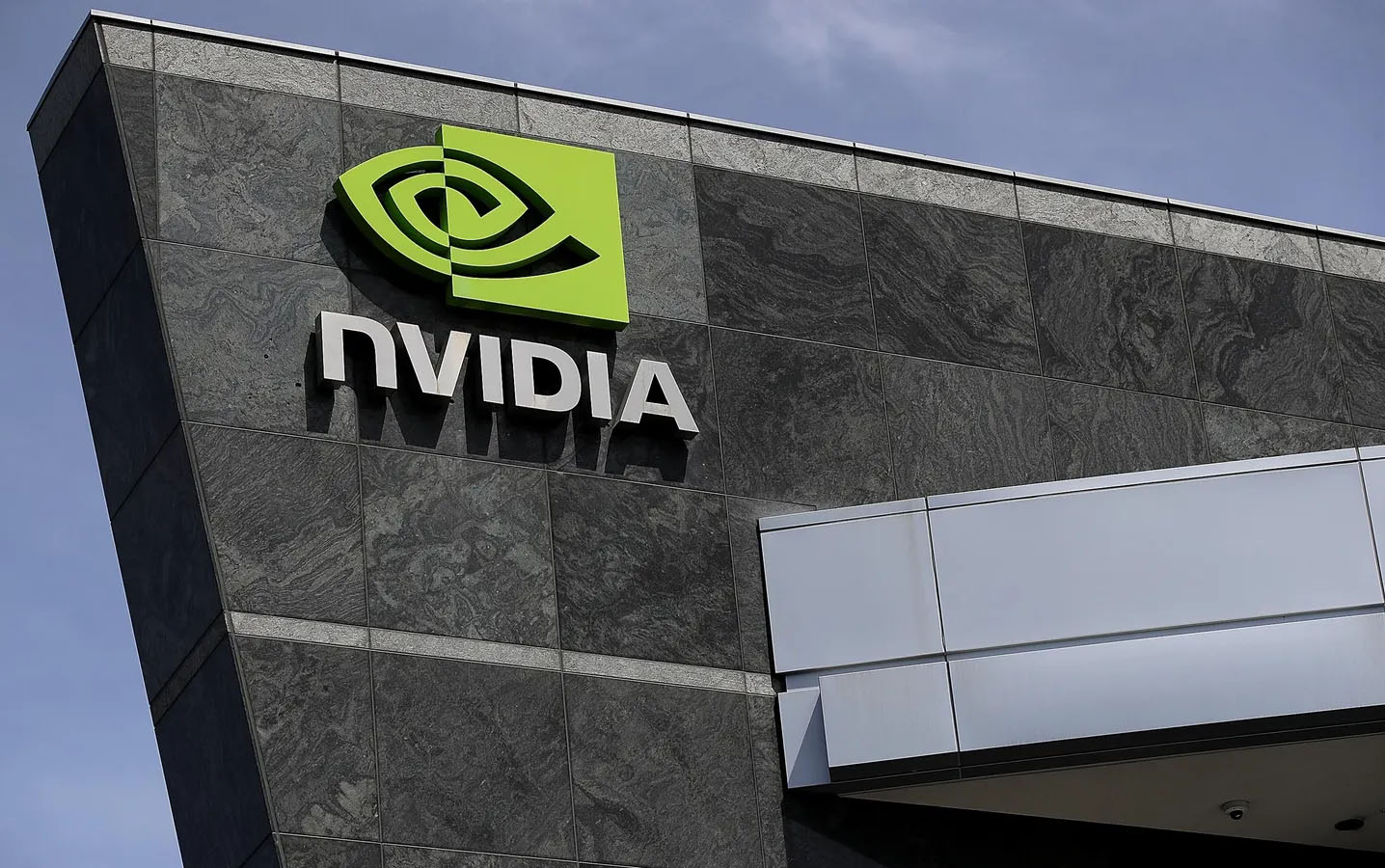
Photo Credit: Getty Images
Nvidia, the undisputed king of artificial intelligence chips, has been thrown into the crossfire of the intensifying U.S.–China tech war—and the blow is a costly one. The company announced it will take a staggering $5.5 billion financial hit following fresh U.S. export restrictions that now block its H20 AI chips from reaching China. The ban, which comes amid heightened efforts by Washington to restrict Chinese access to advanced American tech, triggered a nearly 7% tumble in Nvidia's stock on Wednesday.
The H20 chip wasn't just another product—it was Nvidia's workaround. Specifically tailored to comply with earlier U.S. restrictions, it allowed Nvidia to maintain a presence in the Chinese market without violating sanctions. But with this new clampdown, the H20 now joins the list of chips requiring special licenses—licenses that may never be granted. The move shocked investors and analysts alike, especially given that the chip played a key role in training DeepSeek's powerful R1 AI model, a Chinese rival to ChatGPT.
The latest restrictions fall under President Trump's aggressive tariff policy, which has rattled global markets and left companies like Nvidia caught in policy whiplash. While the Biden administration initially expanded these controls to prevent AI chips from fueling China's military ambitions, this latest action pushes the boundaries even further—right as the global AI race heats up.
Nvidia disclosed in a regulatory filing that these restrictions would result in billions of dollars in losses, tied to inventory, purchase commitments, and related reserves. The H20, which accounted for a significant slice of its 13% China revenue, was a cornerstone in Nvidia's strategy to remain in one of the world's largest markets. But with the U.S. Commerce Department tightening its grip—and making the license requirement indefinite—that strategy is collapsing.
The timing couldn't be worse. The World Trade Organization just slashed its global trade outlook, blaming the unpredictability of tariffs and tech sanctions. North America is expected to feel the most pain, with GDP growth projections down 1.6 percentage points due to the ripple effects of the U.S.–China showdown.
For Nvidia, the hit isn't just financial. It's strategic. Analysts warn that the company's dominance could erode as Chinese firms race to develop their own chips. While competitors like Huawei and Cambroon lag in performance, the gap could narrow if Nvidia remains sidelined.
Nvidia's government affairs chief, Ned Finkle, sounded the alarm, warning that these restrictions risk "derailing innovation and economic growth worldwide." With more export controls likely coming, and tensions between the U.S. and China rising, Nvidia's role as the engine of the AI revolution now looks far more uncertain.
















